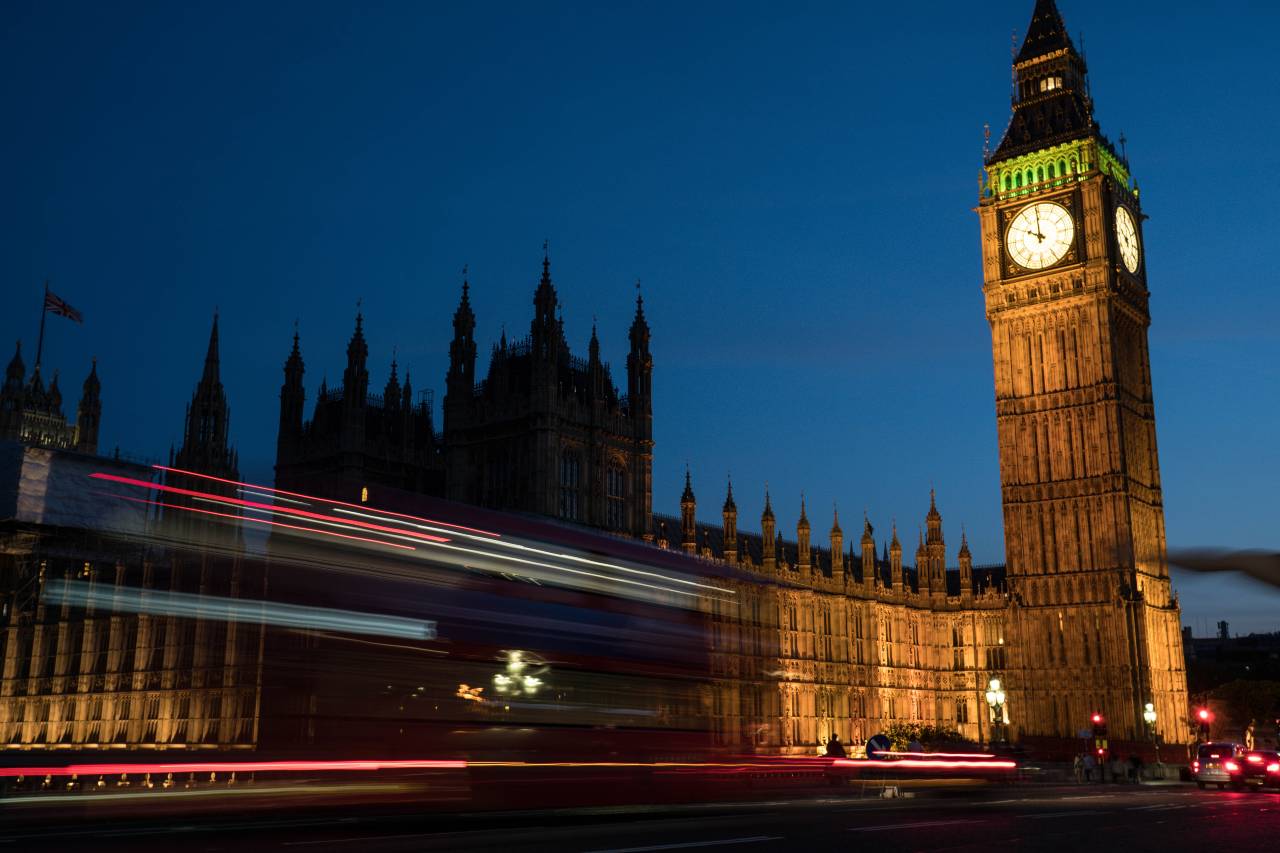Businesses must act on climate change to win public sector contracts in England
Under new rules announced this month, companies bidding for major central government contracts will need to have a ‘credible’ carbon reduction plan in place and commit to reaching net zero emissions by 2050 or sooner.
There are also separate rules for the wider English public sector – which tell contracting authorities to prioritise the environment within their procurement decision making.
Here are the new procurement rules at a glance:
Major central government contracts
From September 2021, if you’re bidding for central government contracts worth over £5 million per annum, you’ll need to commit to net zero emissions by 2050 and have a ‘clear and credible’ carbon reduction plan in place.
As well as reporting on Scope 1 (direct) and Scope 2 (indirect owned) emissions (a familiar process for those affected by SECR), you will also be required to report on some Scope 3 (value chain) emissions, including business travel, employee commuting, transportation, distribution and waste.
Scope 3 emissions represent a significant proportion of an organisation’s carbon footprint, so the government is keen to drive action through the supply chain.
Firms which fail to do so will be excluded from bidding for the contract. The government has issued some guidance on its website which includes a carbon reduction plan template.
Wider public sector procurement rules (England)
New procurement guidance for public sector bodies in England requires them to consider “social value” elements in their decision making. While securing the best value for money is crucial, procurement teams have been told they must not simply award contracts to the lowest bidder – “especially when wider economic benefits can be proved.”
This includes considering how public contracts will help to create new businesses and jobs across the UK and lead to the development of new skills. It also includes environment, and contracting authorities are asked to factor the following into their decision making:
- Tackling climate change and reducing waste
- Contributing to the government’s legally-binding target to reduce greenhouse gas emissions to net zero by 2050
- Reducing waste, improving resource efficiency and contributing to the move towards a circular economy
- Identifying and prioritising opportunities in sustainable procurement to deliver additional environmental benefits, for example enhanced biodiversity
The rules echo a general direction of travel in both public and private sector procurement. As companies set net zero targets, many are seeking better control over the emissions within their supply chain.
At Concept, we’re helping many organisations on a strategic level to get a better picture of their carbon footprint, including measuring, reporting, and establishing a credible carbon reduction plan. If you’d like advice or to find out more, get in touch.


